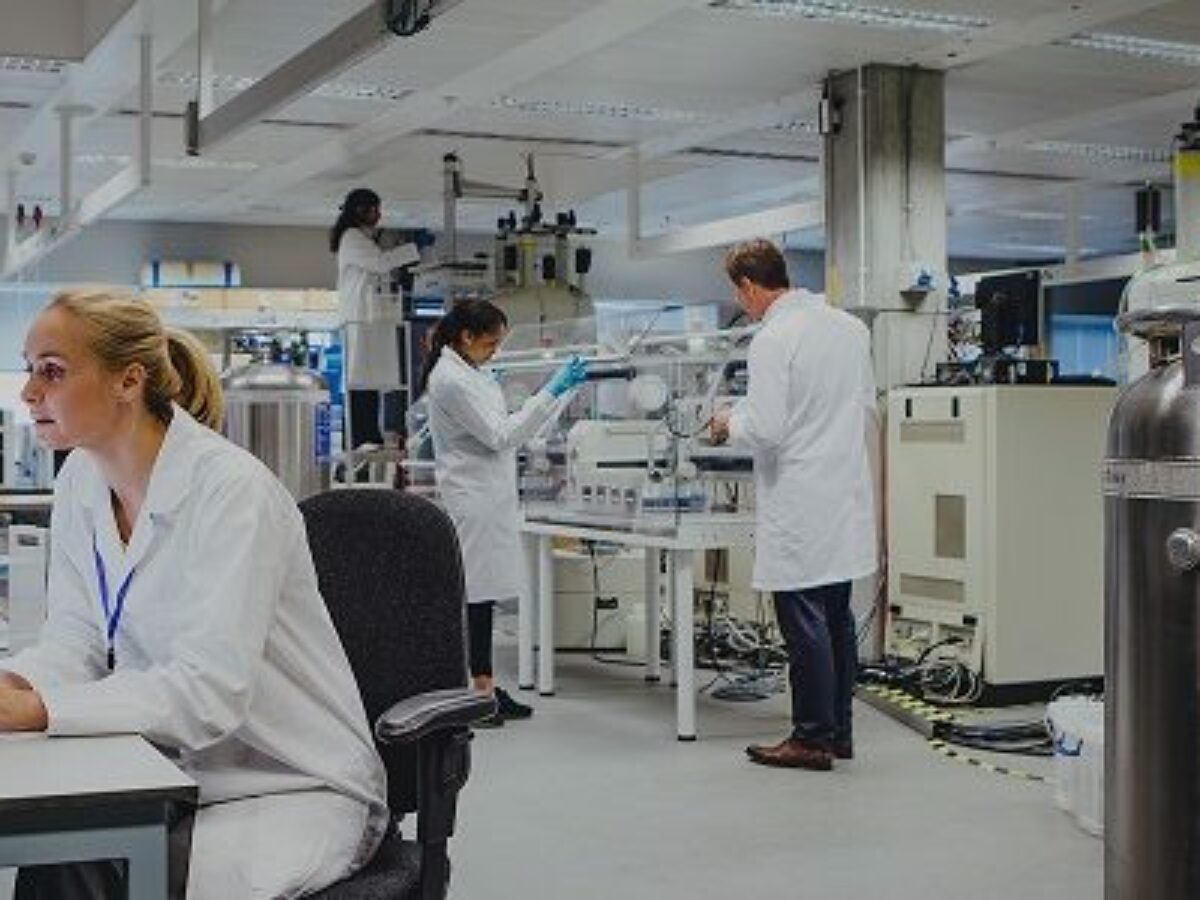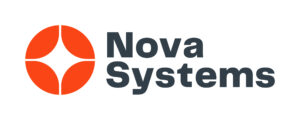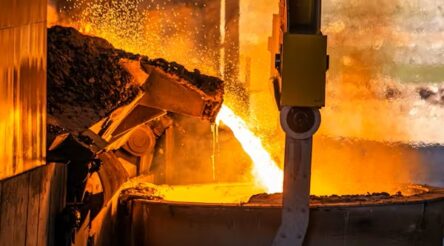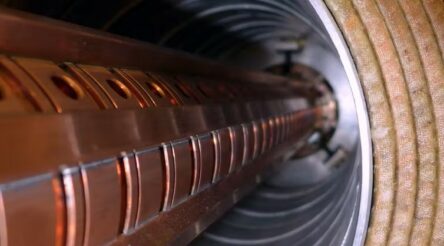Celebrating Australian sovereign capability – our emerging mRNA vaccine ecosystem

The Covid-19 pandemic revealed Australia's broken medicines value chains which are mostly wholly reliant on importation, especially for the newest mRNA vaccines. Today our series – Celebrating Australian sovereign capability – looks at the emerging vaccine ecosystem around the Monash-Clayton area of Melbourne. By Peter Roberts.
It has long been a great Australian dream to develop a medicines value chain that stretches from discovery to clinical trialling, to production and local manufacturing in volume.
That dream has proven elusive, however in one area of life sciences – vaccine production including using the latest mRNA vaccine technologies – it is becoming a reality.
Melbourne is already home to Australia's-own CSL, the world's number two vaccine producer, and numerous SME and multi-national companies.
Now a vaccine ‘ecosystem' is fast developing around biotechnology giant CSL in Parkville north of the city, and in the Monash-Clayton precinct around Monash University.
According to Doron Ben-Meir (pictured, below), Monash University’s Deputy Vice-Chancellor (Enterprise and Engagement) and Senior Vice-President, a just-announced $10 million state government investment in the Monash Centre for Advanced mRNA Medicines Manufacturing and Workforce Training is the key to developing the highly specialised workers needed across the mRNA manufacturing life cycle.
Ben-Meir told @AuManufacturing it would initially focus on filling the gaps in workplace skills.
Ben-Meir said: “The whole mRNA RNA technology is a core focus- we have over 70 researchers working directly in the field.
“It is very important that we establish a critical mass ecosystem in-country…that leads you from fundamental discovery right through to the production of the final medicines and vaccines.
“Completing that puzzle is a core focus of ours.”
Of course, Monash's work is part a bigger whole being supported by the state's mRNA Victoria, which is supporting supply chain, research and development for pre and clinical research, commercialisation and manufacturing investments.
Another critical pillar was established in August last year with federal and state support announced for the construction of mRNA vaccine producer Moderna’s first factory in the southern hemisphere on-campus within the Monash Technology Precinct.
The factory should be open in 2024 and have capacity to create as many as 100 million mRNA vaccine does annually, including for Covid-19, influenza and respiratory syncytial virus (RSV).
Ben-Meir said: “This is more than just a positioning exercise, it is a fundamental demonstration if you will of the strategy of Monash (in its 2030 strategy), and fundamental to that is the enterprising nature of the way we go about our business.
“Having industry of that scale co-located drawing on our staff and students and graduates helping us with some of the curriculum development…that co-location is therefor far more than is far from symbolic – it is another piece of the puzzle we are putting together.”
Ben-Meir said great innovation precincts globally shared three characteristics:
- They have a great research and education precinct at their nucleus
- They have a substantial multi-national corporation as an anchor tenant
- And they have degree of human mobility across a large number of SME businesses.
Monash and the Monash-Clayton precinct have, or soon will have, all three.
Ben-Meir said: said Moderna could have set up anywhere in Australia.
“Moderna picked Monash because of the growing infrastructure of human capital and the facilities they will be leveraging.
“And adding a major multi-national like Moderna particularly in a new emerging industry which is the mRNA vaccine sector is a significant step up for the precinct.
“It demonstrates the appeal of these sorts of precincts to the best companies in the world.”
University commercialising generally has matured well beyond the days when it was about individual researchers developing relationships with industry, though that still continues.
Monash is one of the most advanced – it has 24 spin-out companies operating today – and an approach that builds on experience dealing with SME industry.
“We have a traditional commercialisation office but it is growing because the maturity is growing.
“People are understanding more about the creation of intellectual property (IP), the disclosure of it, the protection of it, but more importantly the translation of it so it is really useful to society, because that at the end is what we all want to achieve.
“…We are bringing a lot of skills into the house as well as building a lot of partnerships with investors and other like minded groups outside so we can build a translation machine. We are seeing the results of that.”
Another example is Monash's services relationship with medicines manufacturer Australian IDT Australia which is manufacturing an mRNA vaccine candidate developed by Monash’s Institute of Pharmaceutical Sciences (MIPS) in amounts needed for early trials.
The ‘mRNA Covid-19 receptor binding domain’ vaccine is Australia’s first locally developed Covid-19 mRNA vaccine to advance to clinical trials – which are hurdles the vaccine still has to pass before being approved for use in the community.
However IDT is not of a scale where it could produce clinical trial medicines at the volume that will be needed if Melbourne is to live up to its potential.
Ben-Meir said: “IDT do a very good job at what they do, but they don't do everything we need.”

Pictures: Monash University
@AuManufacturing’s editorial series – Celebrating Australian sovereign capability – is brought to you with the support of Nova Systems and Titomic.
@aumanufacturing Sections
Analysis and Commentary Awards casino reviews Defence Gambling Manufacturing News Online Casino Podcast Technology Videos







